Who are the 12 head coaches at the inaugural Basketball Africa League?
ABIDJAN (Cote d'Ivoire) - There are twelve African clubs eager to leave their mark at the inaugural Basketball Africa League (BAL), but who are the tacticians in charge of those teams?
ABIDJAN (Cote d'Ivoire) - There are twelve African clubs eager to leave their mark at the inaugural Basketball Africa League (BAL), but who are the tacticians in charge of those teams?
The twelve-team BAL tips off May 16th with the highly-awaited Final scheduled for May 30th at the magnificent Kigali Arena, in the Rwandan capital.
The 12-man coaching list is as diverse as ever. From Africans, European to South American the BAL's coaching list has it all.
While some of these head coaches are popular in the African basketball scene, others have started to make their names known in recent times.
Ogoh Odaudu (Rivers Hoopers)
Assistant coach to Alex Nwora at the 2019 FIBA Basketball World China, where the Nigerians secured their ticket to the Tokyo Olympics, Odaudu is the man tasked to lead Rivers Hoopers to new heights in Kigali.
A former Nigerian international who featured at the 1999 FIBA Junior World Cup in Portugal, the 40-year-old coached his country at the inaugural 2019 FIBA AfroCan.
Boubacar Kanoute (AS Police)
Kanoute's has replaced Moussa Souguere, who helped AS Police to a 5-3 mark in the BAL Qualifiers. Kanoute has recently served as assistant coach to Mali at the 2021 FIBA AfroBasket Qualifiers.
Agusti Julbe (Zamalek)
Julbe has coached in Spain's toplight ACB and has experienced the highly-competitive Turkish League.
In his first coaching job on the continent of Africa, the Spaniard joined Zamakek in November 2020 and so far, things are looking pretty good for the 48-year-old.
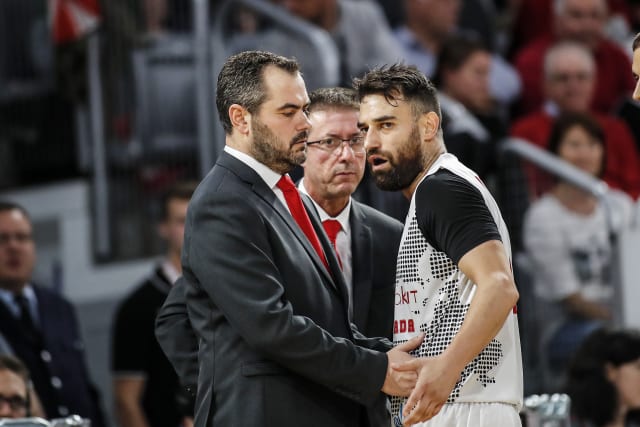
Before the Egyptians open their BAL journey next month, Zamalek are set to compete for two major local trophies as they reached the Semi-Finals of both competitions: the Super League as well as the National Cup.
Can Zamalek win two new trophies before the Kigali showdown? Time will tell.
Bouzidi El Said (AS Sale)
One of the two coaches in this list to have won a FIBA Africa Champions Cup, El Said and his Association Sportive Sale are just happy that the Moroccan Championship resumed last month after almost two years of inactivity.
The Moroccan play-caller was instrumental in helping AS Sale win the the FIBA Africa Champions Cup in 2017 in Tunisia.
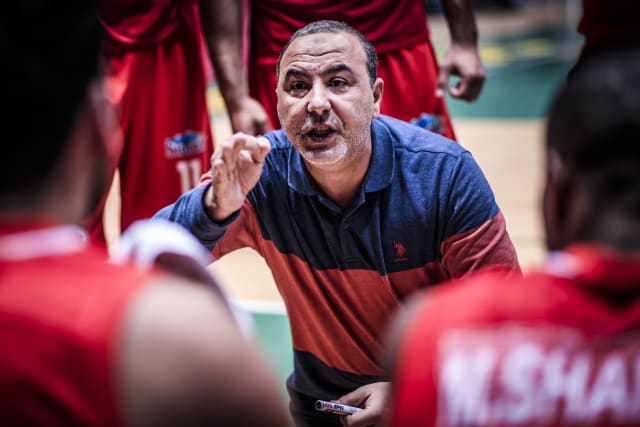
As head coach of his native Morocco, El Said boasts a Semi-Final presence at the 2017 FIBA AfroBasket although Morocco finished fourth after losing to Senegal.
Safouene Ferjani (Union Monastir)
The 35-year-old Tunisian replaced his countryman Oualid Zrida at the helm of the Tunisian champions.
With a star-studded roster, which includes seven Tunisian internationals, Ferjani became the third coach this year to the lead US Monastir.
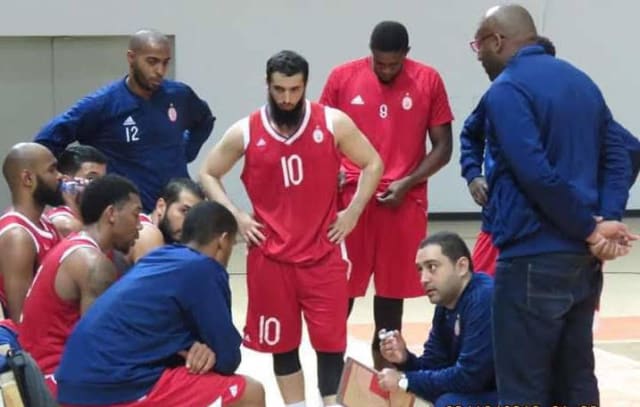
"We are going to play the BAL to win it," Ferjani, who led Tunisian outfit Etoile Sportive Rades to a Fifth-Place finish at the 2015 African Champions Cup in Luanda, Angola.
Lazare Adie Ngono (FAP)
Just like El Said, Cameroonian Adie Ngono has won the Africa Champions Cup in 2015 at the helm of Angolan giants Petro Atletico de Luanda.
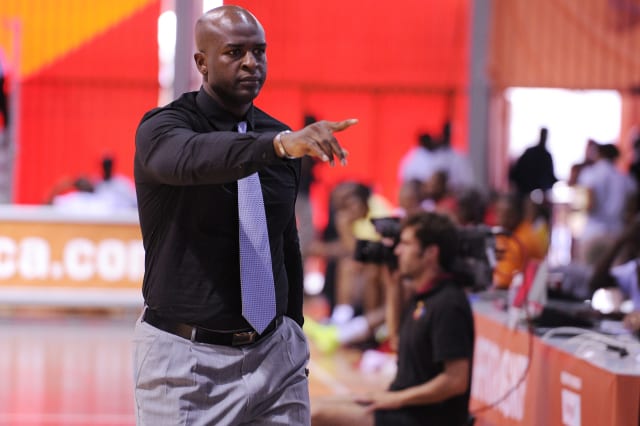
Back in 2011, the 43-year-old led Moroccan side AS Sale to the Third-Place of the Africa Champions Cup.
Adie Ngono is also known as head coach of Cameroon national team.
Pa Bi Gueye (AS Douanes)
AS Douanes have dominated the Senegalese basketball scene, winning four of the last five seasons, and Gueye has been the man behind their success.
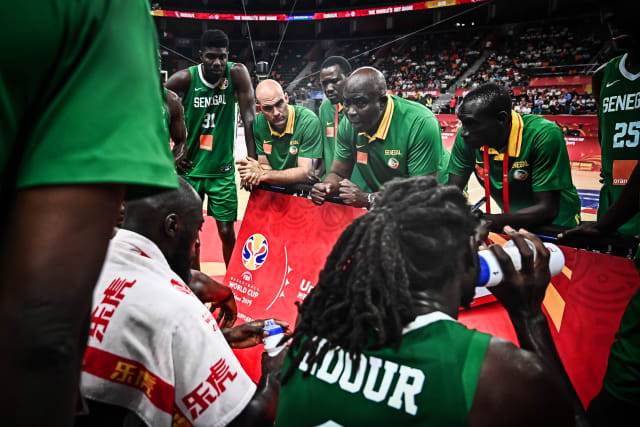
Gueye has served as Senegal assistant coach at 2019 FIBA Basketball World Cup.
During the 2021 FIBA AfroBasket Qualifiers, Gueye had double role as assistant coach of Senegal (in November 2020) and head coach in the second window of the Qualifiers in February.
Milagre Macome (Ferroviario de Maputo)
The Mozambican has coached his country's national team on a number of occasions, but he quit in November 2020 after the first window of the 2021 AfroBasket Qualifiers.
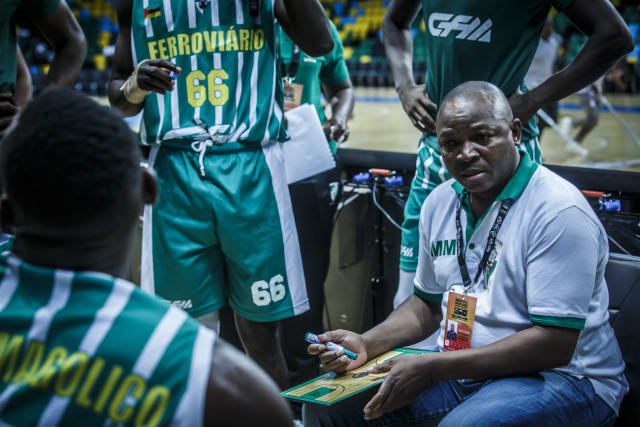
Macome has been in charge of Ferroviario de Maputo for the last three seasons and has led the Mozambican reigning champions to two national league titles.
Jose Neto (Petro de Luanda)
The Brazilian joined the Angolan champions last September after a successful career with the Brazilian outfit Flamengo.
Neto has coached Brazil women's national team and has served as assistant coach to the men's at the 2014 FIBA Basketball World Cup.
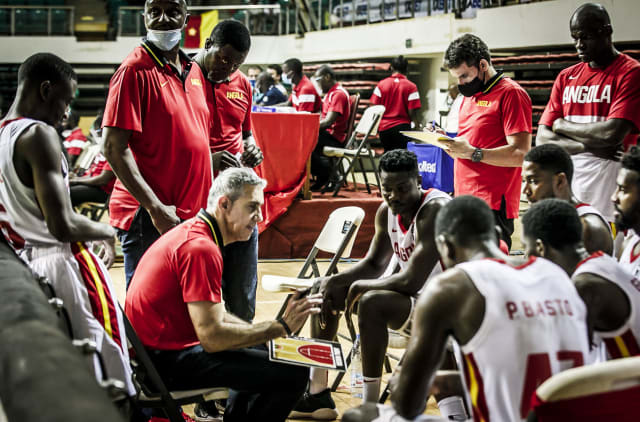
Neto was invited by the Angolan Basketball Federation to coach the country's national team during the 2021 AfroBasket Qualifiers, where the Angolans sealed through to the Final Round on the back of a 4-2 record. Neto quit straight after the Qualifiers to focus on his club job.
Bernard 'Ben' Oluoch (Patriots)
The Kenyan-born served as assistant to American Dean Murray who powered Patriots BC to their latest league title in October 2020.
Oluoch became the Patriots' third head coach since Carey Odhiambo inspired the team to a 9-0 in the BAL Qualifiers.
Navalona Raharidera (GNBC)
A security guard by profession, Raharidera has been the engine behind the Malagasy's BAL Qualifiers successful campaign, and so, he is expected to return next month.
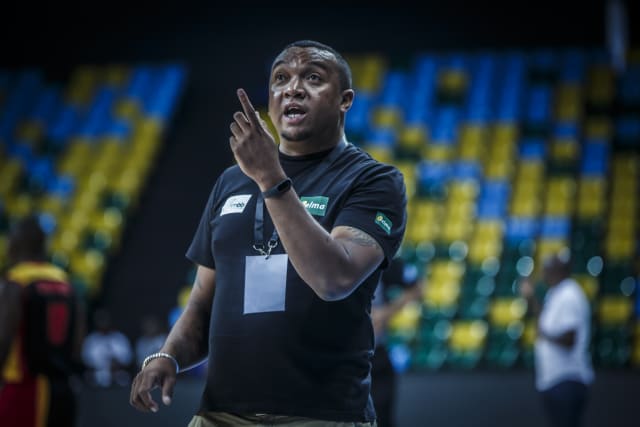
Under Raharidera, GNBC stunned the continent's basketball landscape by finishing with an impressive a 6-3 and a deserving ticket to the inaugural BAL.
Soufiane Boulahia (GSP)
A former Algerian international who shone for his national at the 2002 FIBA Basketball World Cup in Indianapolis, Boulahia has become a respected coach in his native Algeria.
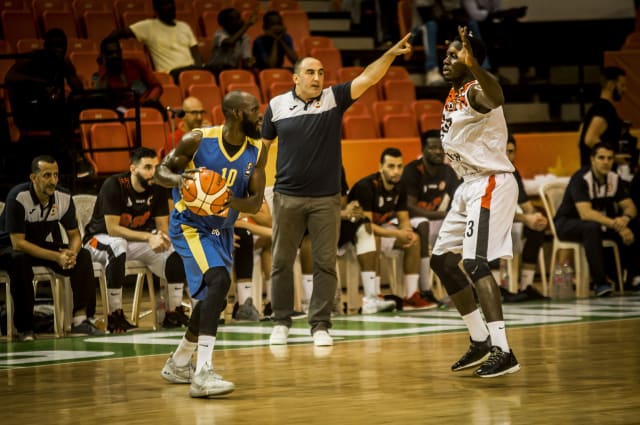
Boulahia, who has coached the Algeria women's national team on several occasions, has led GSP to a 6-2 throughout the BAL Qualifiers.
FIBA